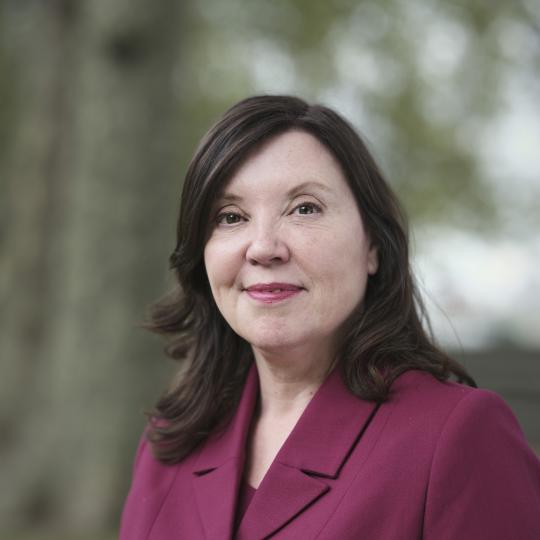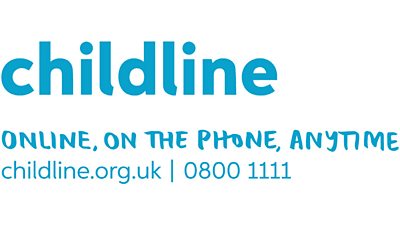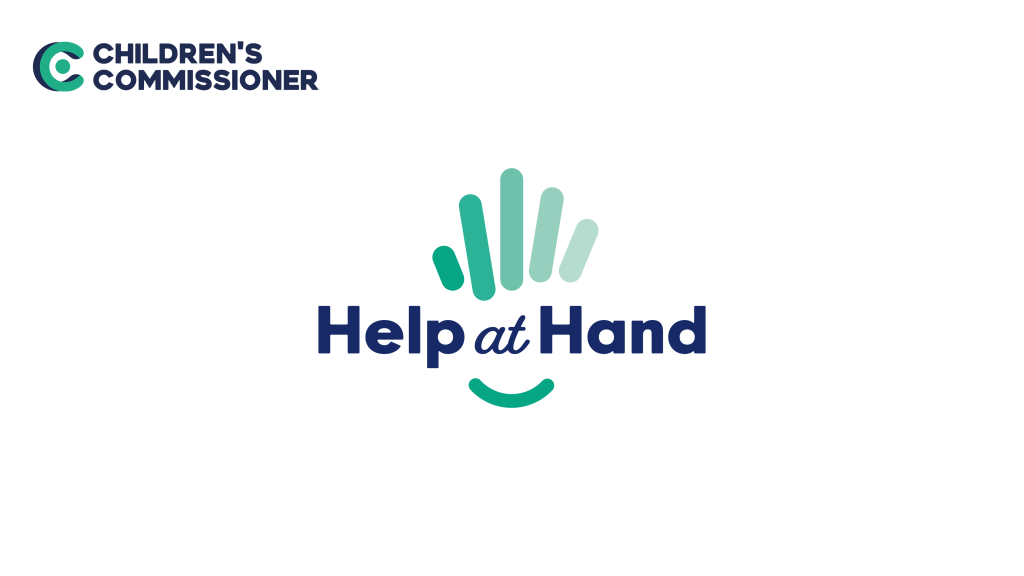Youth Voices: Unregistered Alternative Provision
Every child in England is entitled to an education, but not every child is able to receive it in a mainstream school.
Some children may have special educational needs which could make it difficult. to attend, or they might have been permanently excluded from school. In these situations, one option is to attend Alternative Provision (AP).






